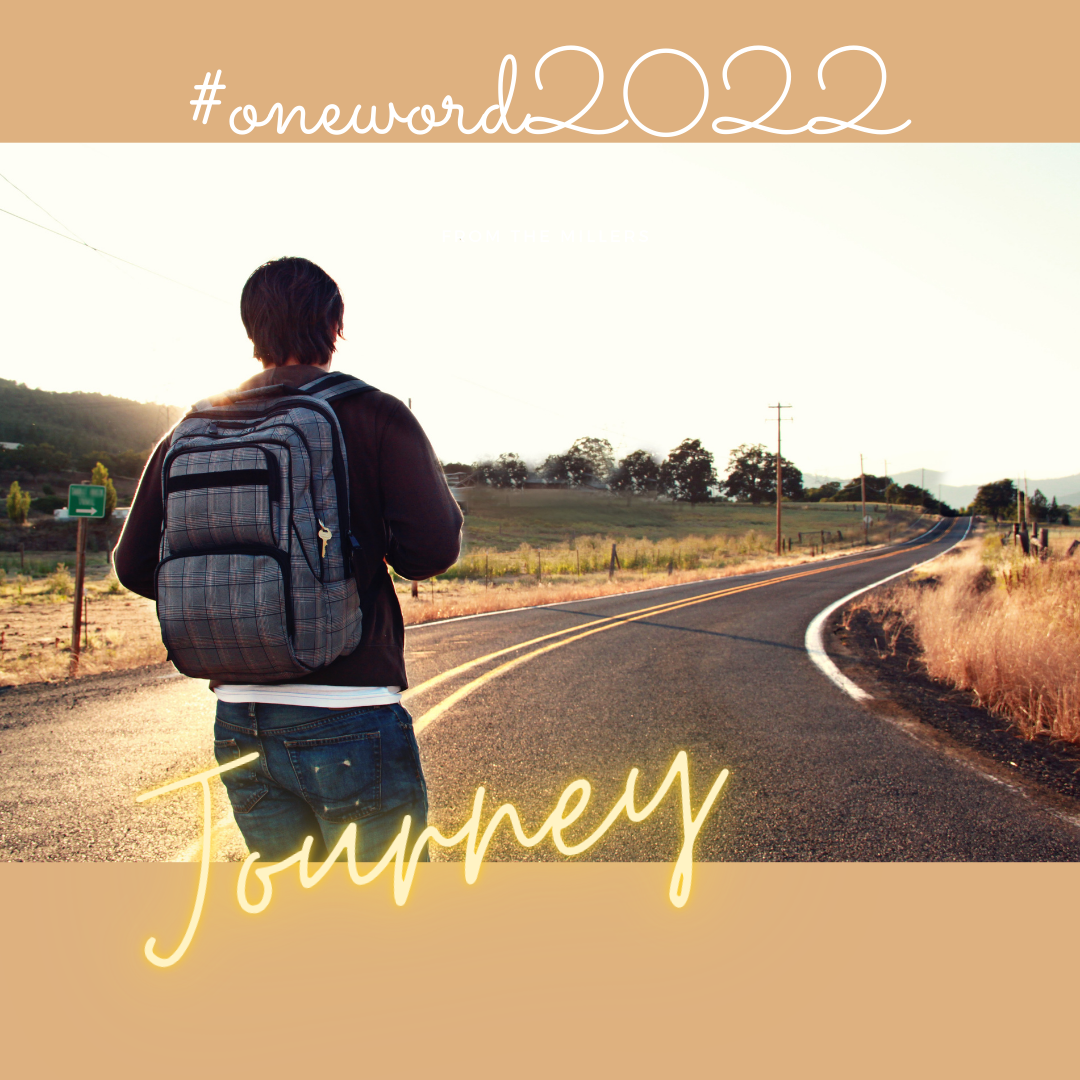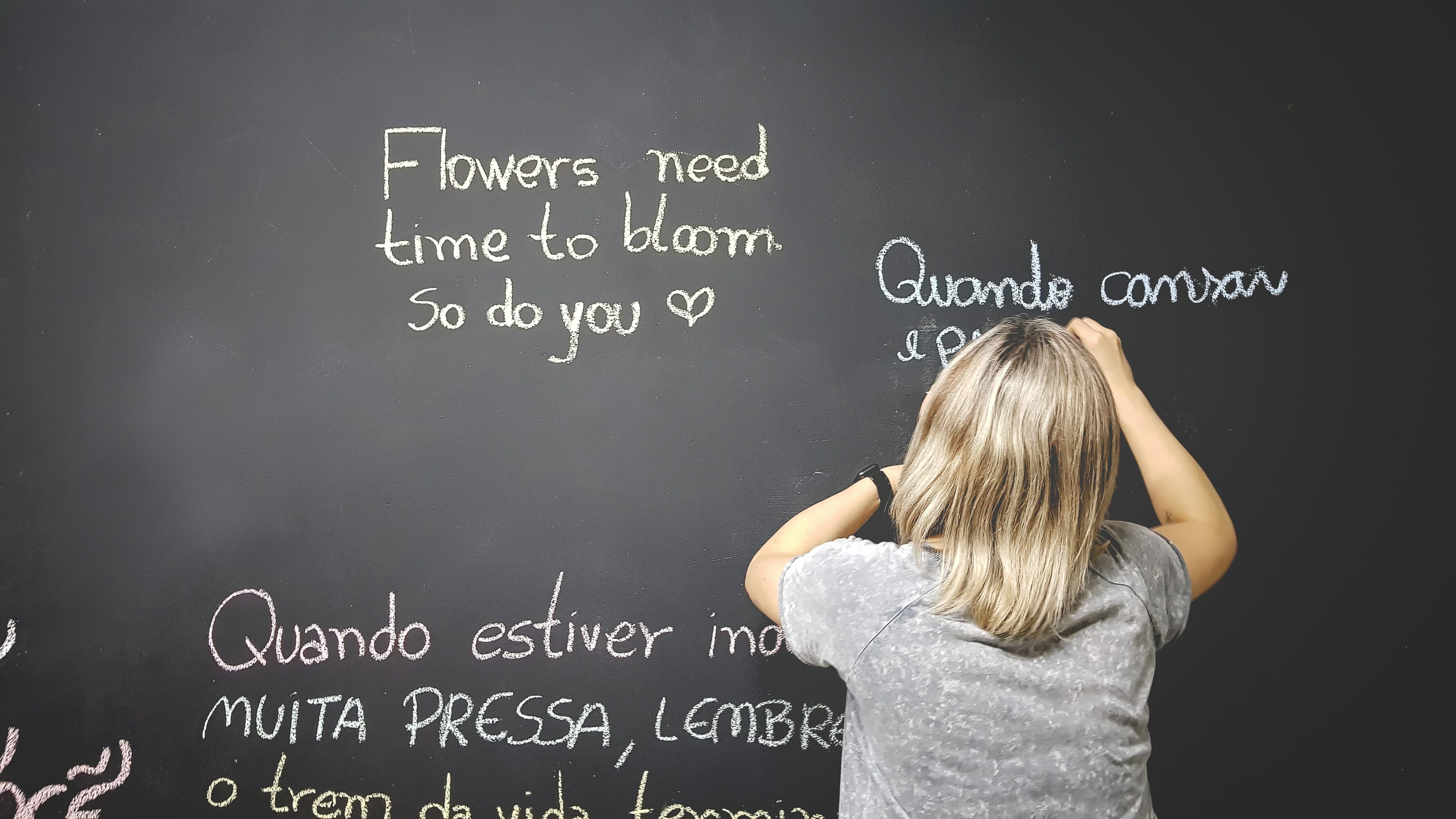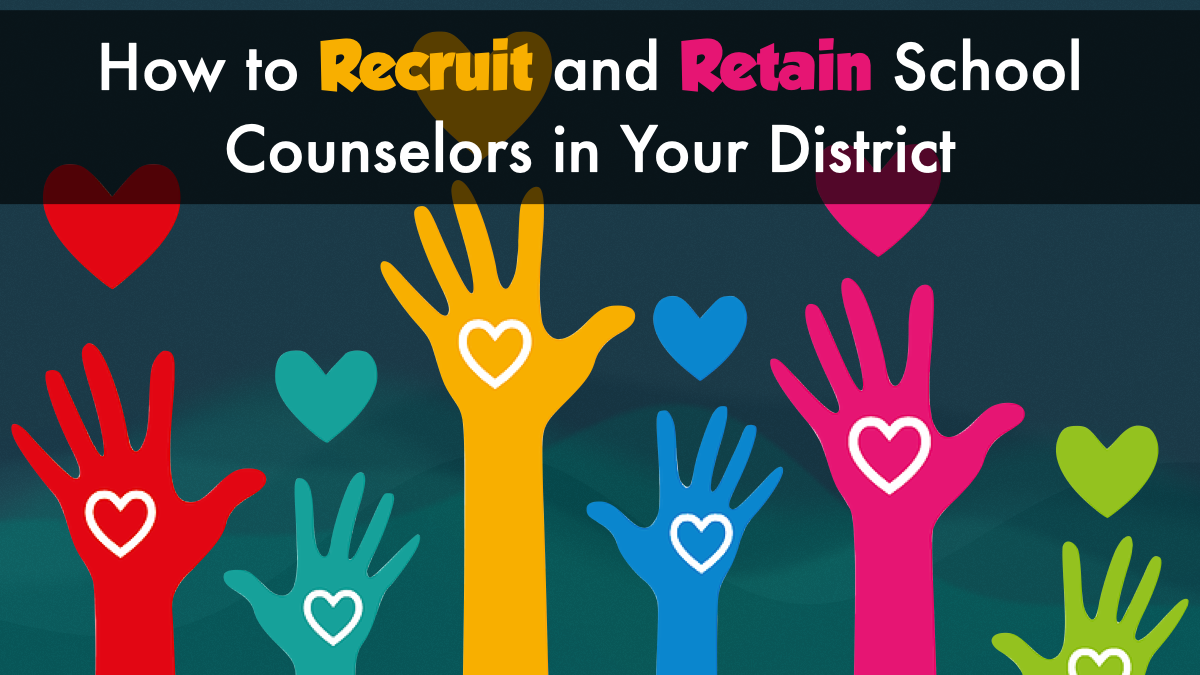Self-Belonging

School experiences can have a long-lasting effect on how we perceive ourselves and our capabilities/lack of.
Today’s post delves into self-concept or what I call self-belonging and how we can attain it and support others, like our students, to find themselves and their sense of self-belonging.
Graduation speeches are usually upbeat and celebrate the time a student spends in the years leading up to their final year before adulthood. It was a bit different at my son’s high school graduation in 2005. Ahmed, my son’s friend, and the class salutatorian* gave a moving speech to his fellow classmates filled with this message: We are so much more than our grades, our SAT scores, and the rank of the universities that accepted us. His speech was a response to the negative beliefs about his entire senior class, the largest in the school’s 40-year history; 132 students. From the time they were in the elementary grades at this K-12 school, the whole class was labeled troublemakers, even the well-behaved, achieving students, and all were regularly disciplined. Even in their final year, discipline meant the loss of privileges such as having their own space to get together between classes and being allowed to move around campus with less supervision than lower grade levels.
Ahmed’s speech left me speechless and sad. I still have a copy of it to remind me of what schools shouldn’t do to students. Students shouldn’t be labeled, shamed, or punished for poor behavior without someone first trying to find the root cause of the problem. But that’s exactly what happened. In 7th grade, my son received a “D” grade on a literature response essay. My son is fluent in English, and an avid reader of books much higher than his reading level. However, when I began asking him questions about the book he used for his essay, his answers showed me that he only had a superficial understanding of the plot, characters, etc. I was shocked and made an appointment to see his teacher whose excuse for not exposing my son to a deeper analysis of the book was the poor level of reading comprehension by the majority of his classmates and a lack of English language support in middle school.
My son and many of his classmates, including the salutatorian, walked into college with a deficit mindset due to low self-esteem, self-efficacy, self-confidence, and self-worth based on hearing they “weren’t able to…”, “they lacked X skills,” throughout their school years. It’s difficult to continue doing your best when all that’s recognized is your worst. And while I tried to support him and do my best as a parent to minimize the effects of the constant negativity, my son, now in his mid-30s and working at a demanding job that appreciates his skills, has begun to believe in his capabilities and gain a sense of self-belonging.
It’s tough growing up without a positive self-concept. I spent the first 35 years of my life doubting myself, second-guessing my decisions, and wondering if people liked me or were just saying they liked me. It wasn’t until I found my sense of self-belonging in my mid-30s that I finally stopped my negative self-talk and started to believe in myself. In elementary school, I remember having to suck on cinnamon candy to stop my stomach from feeling queasy because I was so anxious about failing or making a mistake. In high school, I couldn’t wait to graduate, so I enrolled in summer school to have enough credits to graduate a year early. There are two times I remember feeling like a failure. In 7th grade, I received a “C” grade for an art project I worked on for many hours and was so proud of, and it convinced me I was not creative. The second memory I have is failing my first test in biology class in 10th grade. That reinforced my belief that I was unable to learn science. I was devastated and thought I’d have to repeat the subject. Since I already doubted my abilities, my self-efficacy in science and art, those grades reinforced my self-concept and negatively impacted my sense of self-belonging..
So, what is self-belonging? According to Healthline, “[y]our sense of self refers to your perception of the collection of characteristics that define you. Personality traits, abilities, likes and dislikes, your belief system or moral code, and the things that motivate you — these all contribute to self-image or your unique identity as a person.” This is what I refer to as “self-belonging”. It’s essential to our well-being because, without it, we doubt if people really like us for our authentic selves, we question each decision we make, and it negatively impacts our personal and professional relationships. So how can we develop self-belonging? Here are a few tips from my own experience:
- Be mindful and intentional about choosing to build your sense of self-belonging. Make a commitment to spending time and effort at it.
- Build time into your schedule for daily reflection and use that time to make mental or physical lists of your personal and professional accomplishments, your strengths, and what obstacles you’ve overcome.
- Find someone you trust and who values you to talk about the list from #2.
- Celebrate your accomplishments (see #2) whenever you begin to doubt yourself. Make this a habit.
- Don’t feel shy about sharing your accomplishments with others, even strangers. Learn to feel good about “bragging” to others. This will eliminate any thoughts you might have of “impostor syndrome”.
- Surround yourself with people who value you for your authentic self and don’t insist that you “fit in”.
- Practice giving yourself grace; allowing yourself to make mistakes because you’re human and valuing those mistakes or failures as opportunities to learn and grow.
Self-belonging plays an important role in how students navigate school. Without a sense of belonging, learning becomes secondary to what happened at home, or how others are treating me. If I don’t have self-esteem or self-efficacy, I won’t try to move out of my comfort zone because I’ll be worried about failing in front of my peers and my teacher. According to a recent interview (Allen and Gray, 2021) of Emeritus Professors and authors of the groundbreaking 1995 paper about belonging and human motivation, Baumeister and Leary, “There has been much discussion about whether self-esteem is important for education, and self-esteem is substantially (though probably not entirely) rooted in belongingness.” Baumeister notes, “belongingness remains an important driving force. If we can explore new ways to harness that motivation to strive for superior academic achievement, it would benefit plenty of individuals as well as society as a whole.” Leary emphasizes the point when he states, “belonging plays an important role in the degree to which students are motivated to go to school in the first place.”
How can we help students cultivate a healthy self-concept and a sense of self-belonging? We can plan lessons that encourage independent thought and action, that give them choices to explore, be curious, and learn about the world around them. Students who need a bit more guidance along the way should be able to choose topics that interest them and books that represent them. We can build their self-confidence by recognizing their accomplishments and giving them focused feedback about the areas they are still developing while supporting them along the way.
My life is so much happier and healthier because I found my sense of self-belonging and I wonder how much better my life would have been if I had found it before I was 35 years old. Think of how much better school and life would be if we could find our self-belonging when we’re younger.
*graduating student with the second-highest grade point average
Find out more about self-belonging on my website and while you’re there, sign up for my monthly newsletter filled with strategies and ideas for cultivating a sense of belonging in your classroom and your school.
You can find out more about Self-Belonging in my book, Journey to Belonging: Pathways to Well-Being.
Recommend0 recommendationsPublished in Leadership Voices






Thank you for sharing
Ilene, this is a beautiful post you’ve written. Our personal experiences in school have more than a lasting effect on us than we think. Acknowledgement and awareness of this fact is essential as educators at all levels.
I think we forget sometimes.
We’d like to share out your post on our K12Leaders accounts with your permission, of course.
Thank you for choosing to write this powerful piece here. K12Leaders need to read it.
Suzy
Hi Suzy,
Thank you for your kind words and for letting me know that my post resonated with you. I am definitely ok with posting it to K12Leaders.
I’m very happy to be a member of this growing PLN.
Ilene
Well said, @ilene-winokur ! These same experiences color our approach to school policy and funding as adult citizens!
Thank you for your reflection, Walter! I hadn’t thought about that, but you’re right. We do carry the baggage with us from our school days and it often influences how we view “school” for our children and the community.